HAPPY EASTER!
HAPPY SPRING 2016!!
Cuneiform Records Celebrates the
46th Anniversary of
"Easter", the First Composition that
Composer/ Keyboardist/ Electronic Music Pioneer
David Borden
Created for Moog Synthesizer, and the
World's First Live Performance with a MiniMoog
with a Free Stream of
"Easter"
as Recorded by Mother Mallard's Portable Masterpiece Company and Released by Cuneiform on the album:
1970-1973
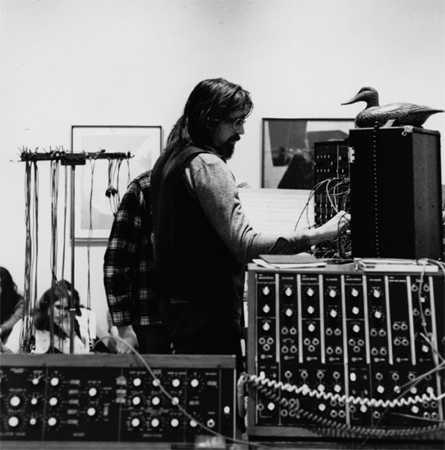
Two weeks later, on April 10 and 11, 1970, Borden and fellow Mother Mallard member Steve Drews performed "Easter" at Cornell University in the Willard Straight Theater. Borden used a Minimoog A; this was the world's first performance using a Minimoog A in a live concert. Moreover, Mother Mallard's April 1970 concerts at Cornell marked the first-time that ANY portable synthesizer was ever used for a live concert.
That summer, on June 30, 1970, Mother Mallard again used Moog's prototype Minimoog A to perform "Easter" in New York City's Trinity Church. This June 1970 concert marked the debut of the MiniMoog in New York City. Mother Mallard would perform Easter again the following year, on Easter Sunday 1971, at Cornell University's Sage Chapel.
"Easter", born in the Spring of 1970, heralds the Dawn of the Age of Electronic Music, both technically and symbolically. This David Borden work marks the debut of compositions created for, and works performed on the legendary MiniMoog.
Cuneiform is thus providing this stream of "Easter" in late March-April 2016, to celebrate the first live performance of Easter using the MiniMoog equipment by the world's first all-synthesizer ensemble, Mother Mallard’s Portable Masterpiece Co., founded by David Borden with Steve Drews.
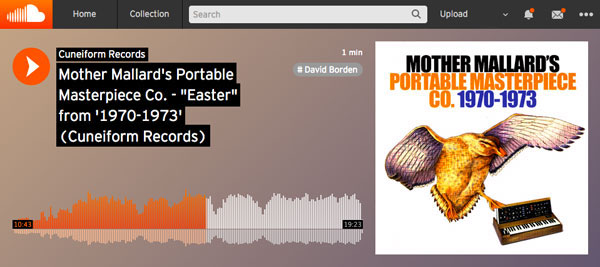
CLICK HERE TO
LISTEN TO A 20 MINUTE LONG STREAM OF "EASTER" (1970) NOW
FROM DAVID BORDEN'S ALBUM 1970-1973
When Robert Moog, inventor of the voltage controlled electronic synthesizer, introduced David Borden to his newest creation, the groundbreaking experimentation and creative performances that followed would echo throughout music history for decades to come.
Formed in 1969 in Ithaca, Mother Mallard's Portable Masterpiece Co. was one of the few to begin experimentation with such equipment, earning them a place in history within an exclusive group of pioneers such as Terry Riley, Philip Glass, and Tangerine Dream. Critically acclaimed as a group whose work was ahead of their time, the ensemble would set groundwork for the experimental classical minimalists and live synth-ensembles of the future. Over the years, the group expanded its instrumentation to include acoustic and other electric instrumentation alongside the Moogs. After Apple released its iconic personal desktop computers in the 1980s, Mother Mallard adopted that new digital technology as eagerly into its live performances as it had adopted analogue MiniMoogs. Today, Mother Mallard performs using Apple laptops to produce their distinct sound, but still pays tribute to their roots by featuring a Moog Voyager, Dr. Moog's last synthesizer design.
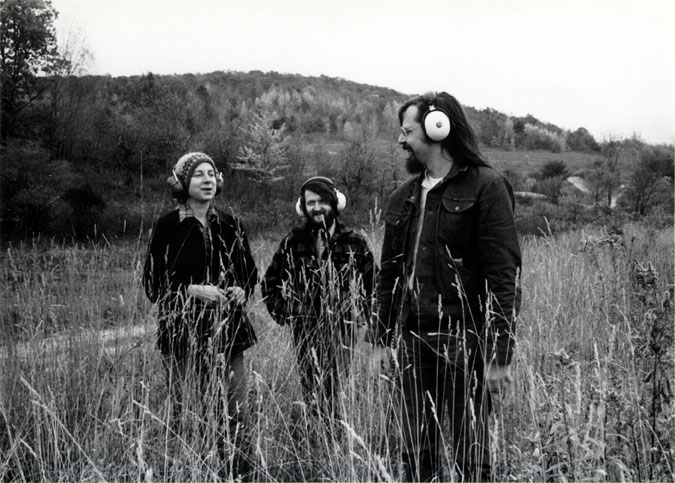
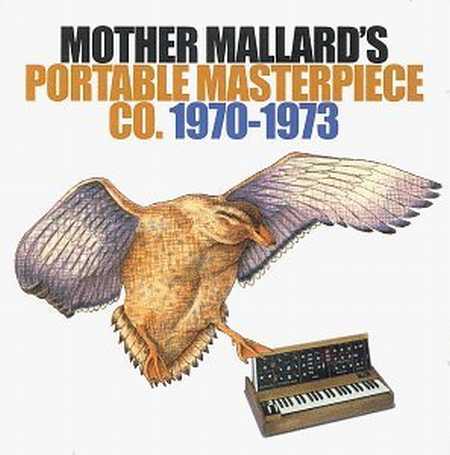
-
DAVID BORDEN/MOTHER MALLARD
RECORDINGS ON CUNEIFORM
For more information on Borden's releases on Cuneiform, please see:
http://www.cuneiformrecords.com/bandshtml/borden.html
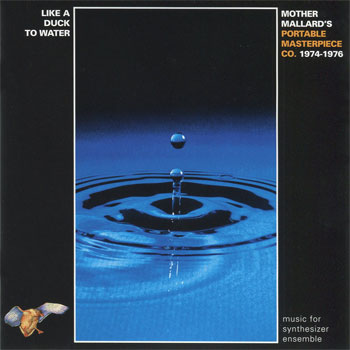 Mother Mallard's Portable Masterpiece Co. Like A Duck To Water AMAZON - ITUNES BANDCAMP - WAYSIDE MUSIC |
|


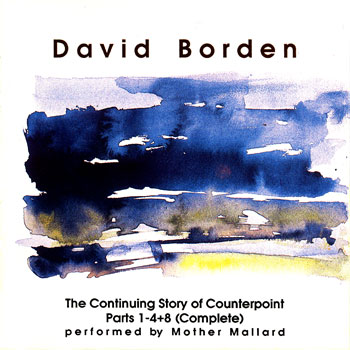
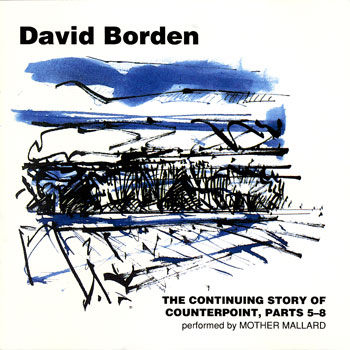
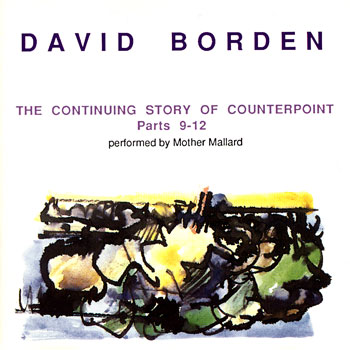
No comments:
Post a Comment